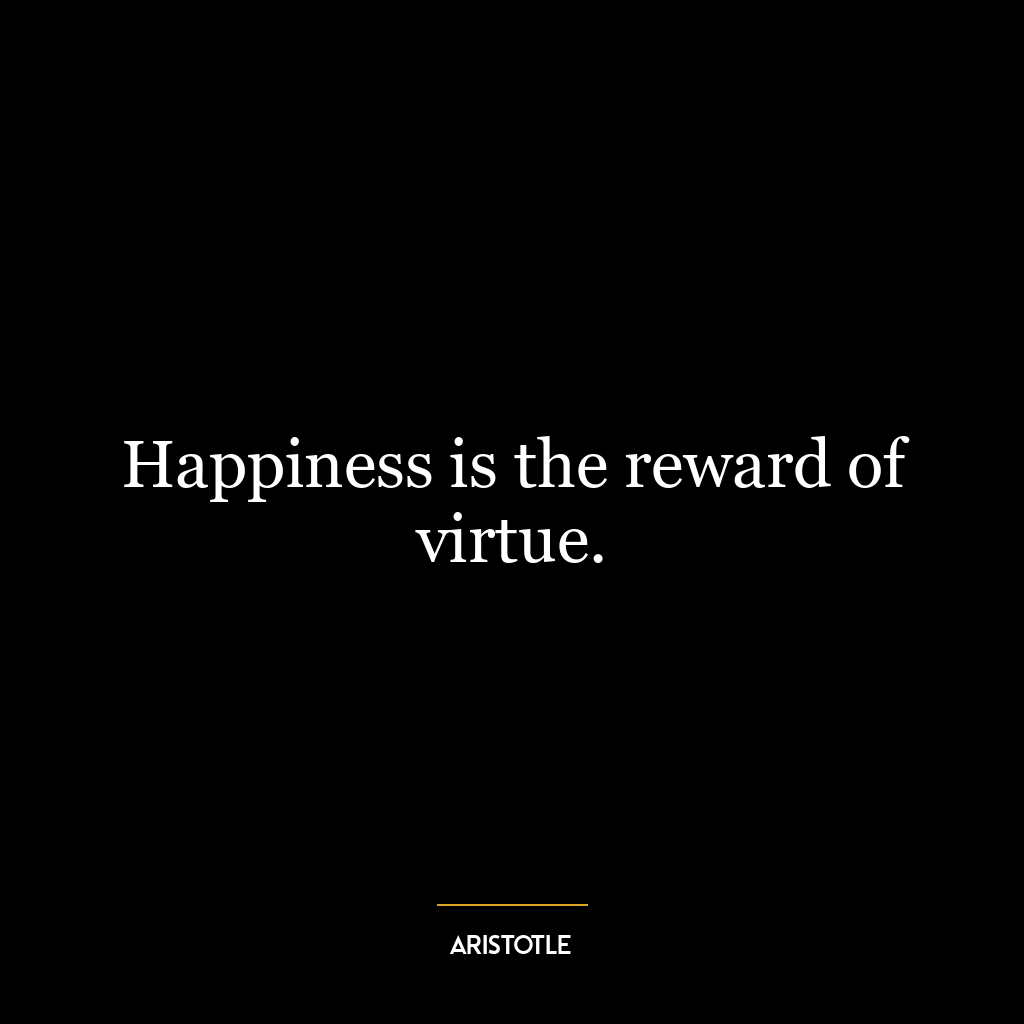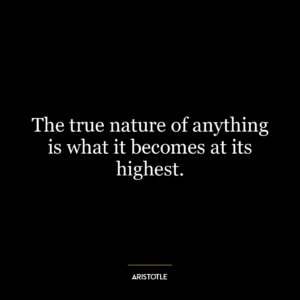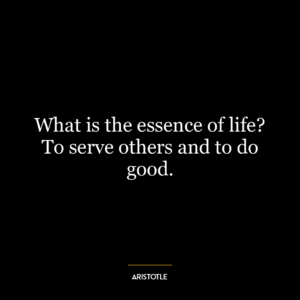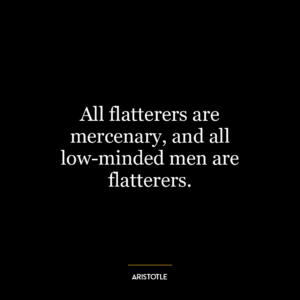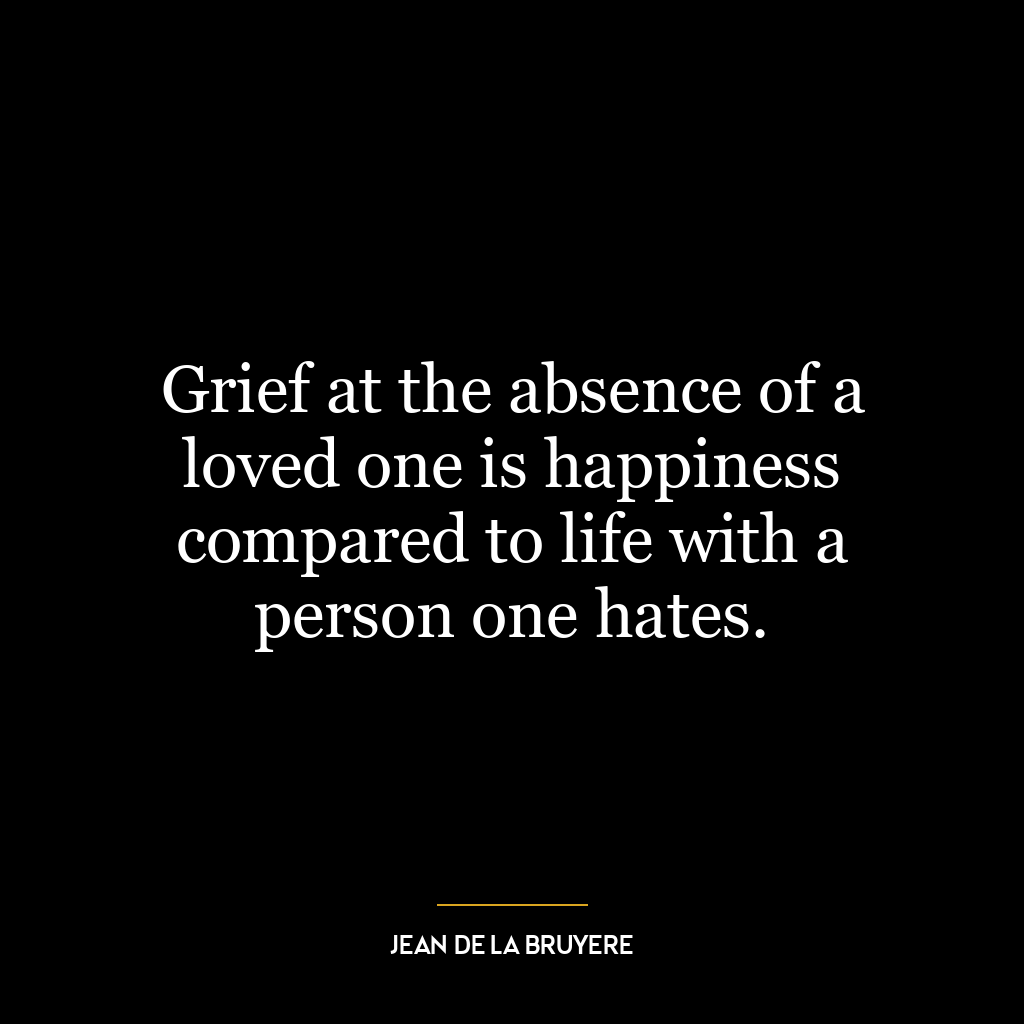“Happiness is the reward of virtue” is a profound statement that underscores the intrinsic link between moral excellence and personal contentment. At its core, the quote suggests that true happiness is not a byproduct of material wealth, fame, or personal achievements, but rather it springs from being virtuous – from leading a life that is rooted in moral integrity and ethical conduct.
Virtue, in this context, refers to moral excellence, righteousness, and goodness. It is about doing the right thing, treating others with kindness, and living a life that is guided by ethical principles. According to this perspective, when we live virtuously, we are rewarded with a deep sense of satisfaction and fulfillment – a state of being that can be described as true happiness.
The idea that happiness is the reward of virtue is as relevant today as it was in ancient times. In a world that often equates happiness with material success, this quote serves as a reminder that true contentment comes from within. It suggests that instead of seeking happiness in external factors, we should strive to cultivate virtues such as honesty, kindness, patience, and generosity. By doing so, we not only enrich our own lives but also contribute to the well-being of others.
In terms of personal development, this quote can be seen as a guide for leading a fulfilling life. It encourages us to focus on developing our character and moral compass, rather than chasing after external markers of success. By cultivating virtues, we not only improve ourselves but also positively impact the people and the world around us. This, in turn, leads to a deep sense of satisfaction and happiness.
Moreover, this quote can also be applied to the realm of business and leadership. In a corporate world that often prioritizes profits over ethics, companies and leaders that operate with integrity and social responsibility are likely to earn the trust and loyalty of their customers and employees, leading to sustainable success and a sense of collective fulfillment.
In conclusion, the idea that “happiness is the reward of virtue” serves as a timeless reminder of the importance of moral excellence and the role it plays in achieving true happiness. It encourages us to lead lives of virtue, not as a means to an end, but as an end in itself.

